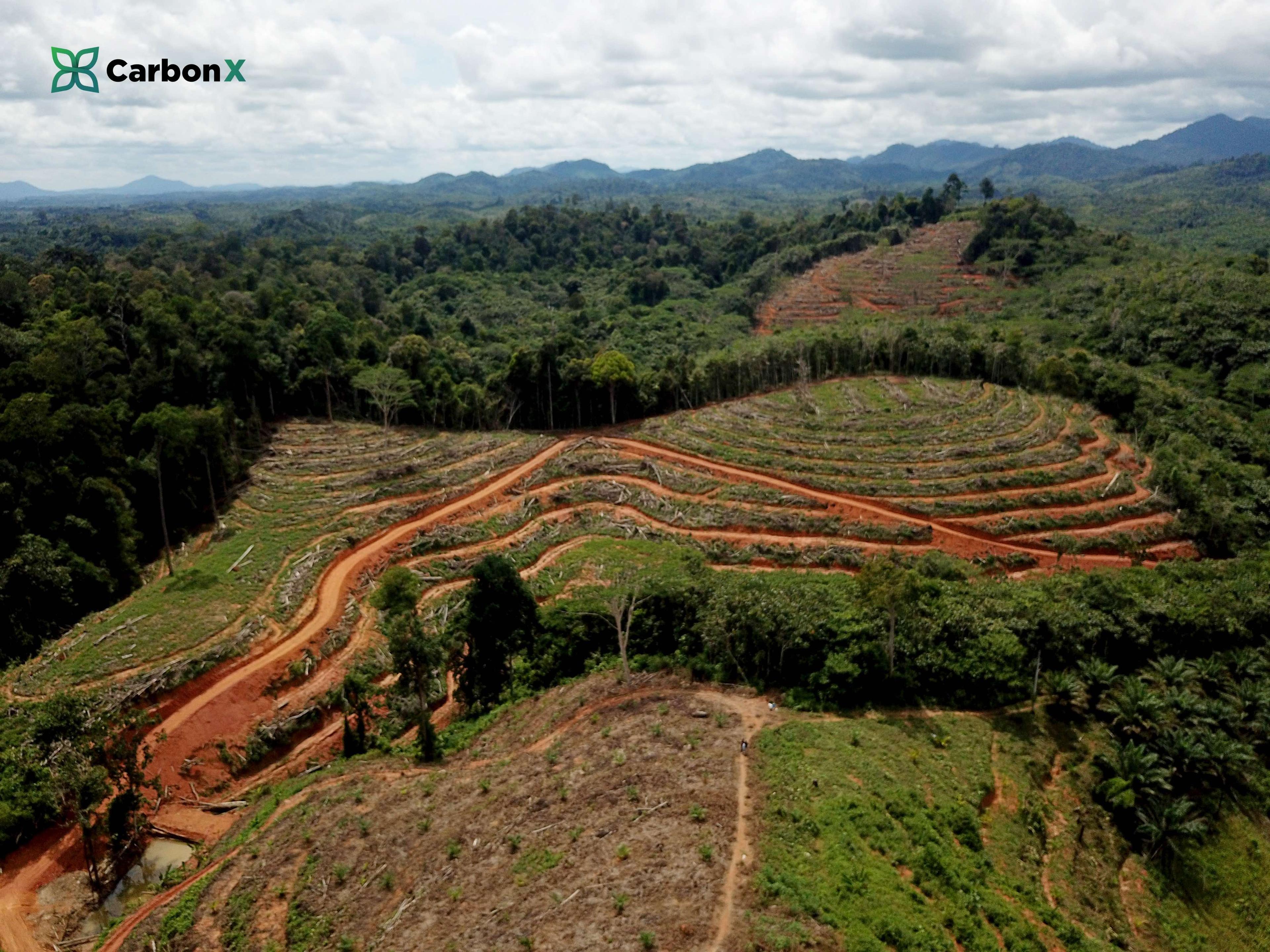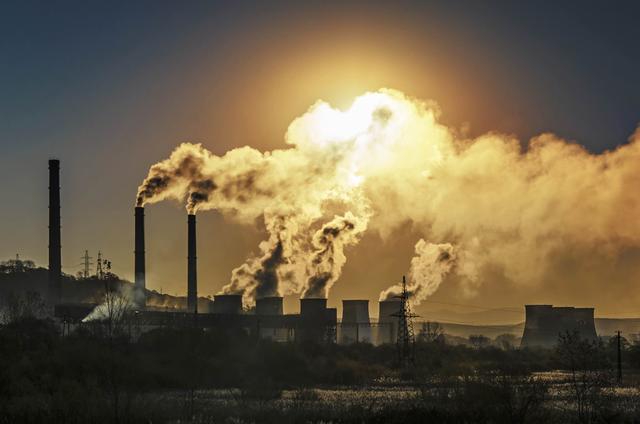
As a country with the third largest tropical rain forest in the world, there is an abundance of forest resources in Indonesia.
However, forest management is by no means an easy task, as it will deal with a number of challenges, ranging from economics, social, and the environment sector.
Chief among these set of challenges in Indonesia is deforestation. This issue has even managed to draw attention from the international world, knowing forest essential role in climate action.
The Food and Agricultural Organisation (FAO) defined deforestation as conversion from forest to other land use, that could be intentional or non-intentional by human. The practice of forest conversion is common, mainly to create new area for agriculture, grazing, mining, constriction, and so on. That said, deforestation threatens biodiversity, and could lead to an unstable sustaining function of the ecosystem.
So why there is still so much deforestation in Indonesia?
Human activities as the main driver of deforestation
No one could deny that human are the main driver of deforestation. Human would open forest area to cultivate plants or to develop infrastructure necessary for economic development.
In the discourse around Indonesian forest, there are two events that closely linked with deforestation. They are forest fire and forest conversion for plantation.
In terms of forest fire, data shows that there is a tendency of annual event of forest fire in Indonesia. In 2015, 1.7 million hectares of forest area was on fire, and caused haze that seriously damaged the education, air travel industry, health, as well as the economy and the environment. Such event also managed to threaten the biodiversity in the forest.
In addition to forest fire, another event that is closely related to deforestation is forest conversion into palm oil plantation. In many cases, fire was deliberately lit in the forest to clear the land and plant palm oil seedlings. In 2021, BBC noted that there are appr. 3 million hectares of palm oil plantation in forest area.
Indonesian Government’s effort to curb deforestation
It should be noted that deforestation does not always concern the loss of forest cover, as it could lead to catastrophic events such as landslide, floods, decreased number of animals and plants species, increase greenhouse gases, as well as the loss of ecosystem function.
Therefore, it is inevitable that avoiding deforestation becomes a main concern for Indonesian Government. There are several plan and strategic plan to make said vision come to fruition.
One of the most popular policy taken by Indonesian Government is the moratorium of new license in primary forest and peat area.
It is expected that the policy has managed to preserve appr. 66.2 million hectares of forest and peat area – equal to the size of the state of France – from natural resource extraction effort. Aside from preserving the natural condition of the forest, the policy could enable the forest regeneration, protect the livelihood of local communities (which include indigenous communities), and lead to a lower risk of forest fire.
Indonesian Government has another set of policy to provide new paradigm in forest management: social forestry.
Social forestry in Indonesia is intended to provide an equal opportunity for forest conservation, next to creating economic opportunities from a sustainable forest management practice. The bottom up approach of this model is intended avoid tenurial conflict.
What’s next?
There are several approached that could be undertaken to ensure that deforestation in Indonesia could be curbed in the long term.
The Indonesian Government has released the FOLU Net Sink 2030 Policy. In addition to reaching emission reduction target, the document also offers several alternatives in forest management such as through agroforestry. As the policy put heavy emphasize on emission reduction, it also includes the prevention of deforestation as one of the priority.
For private sector, one of the steps able to be taken is ensuring that companies’ supply chain is free from deforestation-related activities. Companies willing to take this approach follow the activity of organisation committed creating such products, such as the Forest Stewardship Council (FSC) and the Roundtable on Sustainable Palm Oil (RSPO).
Whereas for local communities, government could also improve their access to the rights of forest management. A study has shown that the forest village scheme in Indonesia could be categorised as a success in terms of preventing deforestation. Still, there is still much to be considered, knowing the vast variety of local cultures in Indonesia in terms of resource management.
Through its nature based solutions projects, CarbonX would undertake strategic avtivities to prevent deforestation and conserve forest resources, in order to contribute in the sustainable forest management practice in Indonesia.
Share this article
Other News
that may interest you...

Greenhouse gases emission has become a global issues. These gases, specifically carbon dioxide, has played its part in heating up world’s temperature and exacerbate climate change. So what is actually greenhouse gases?